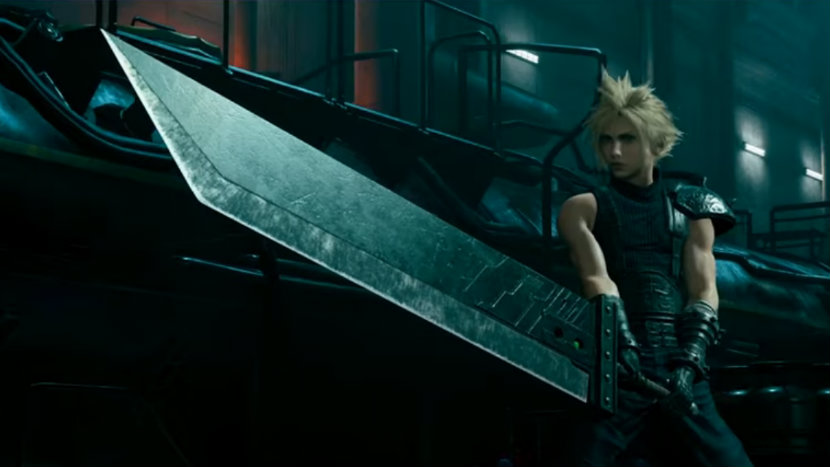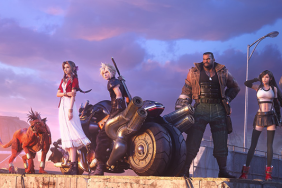It’s easily my most hotly anticipated game of E3. In fact, it’s been one of my most hotly anticipated titles since the moment I watched the initial reveal with tears in my eyes so many years ago. So when I checked in to play Final Fantasy VII Remake for myself at E3 2019, I was close to tears again. Final Fantasy VII has a prominent…








